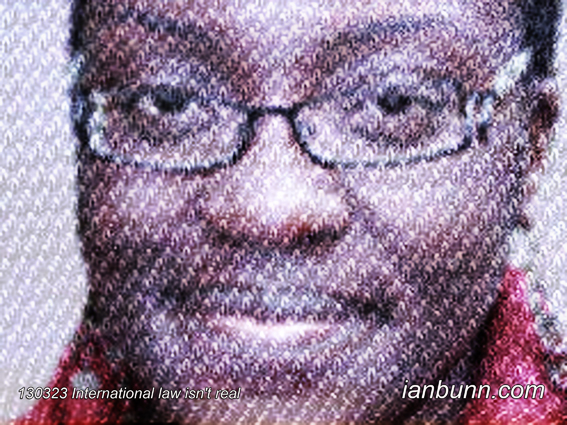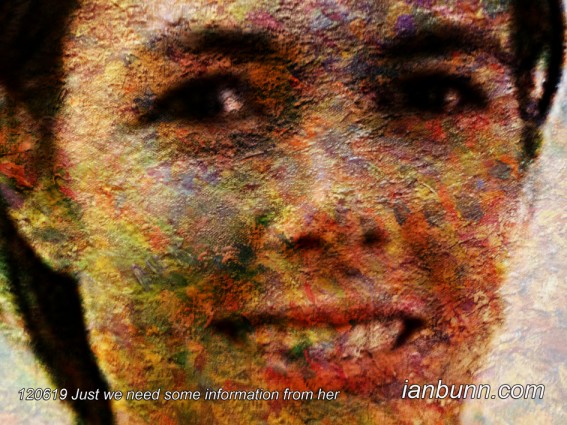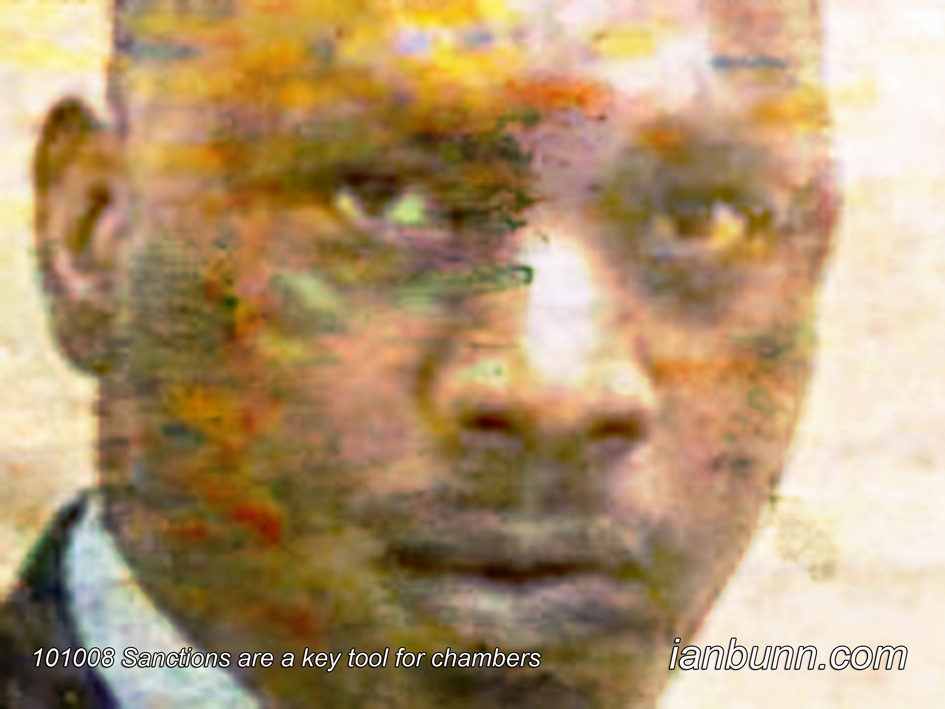 International law isn’t real (March 23 2013)
International law isn’t real (March 23 2013)
Nanjala Nyabola the Kenyan writer and political analyst, is currently a graduate student focusing on the socio-political dimensions of conflict in Africa has published an article on Aljazeera titled ‘International law isn’t real’ in which she states “Although there is a pseudo-consensus on what the law ‘is’, it is in fact simply a consensus among elites. It’s one of the most common refrains you hear, especially in an American law school, as to why the US has no reason to abide by or participate in international conventions or nascent legal institutions like the international criminal court. The unspoken philosophical implications are: that there is such a thing as “real” law, and that domestic law has somehow achieved that gold standard. After almost two years of grasping the essence of this “realness”, swimming upstream against the glib acceptance that Law is, I find myself concluding that there is no such thing as “real” law. Domestic law is no more real than international law and if we allow one, the empty comfort of ascribed “realness”, we should be able to extend this comfort to the other. “Real” law is the necessary fiction that consequences must flow from the actions of one against each other, and that the Law as defined by those in power or with money, determines both the infraction and its consequences; yet another tool that those in power have to employ against the powerless. They are able to do this, because even at the most prestigious centres for legal learning and thought, few grapple the meta-question that underpins the entire exercise: namely, what is law? …The onus is on law schools and practitioners to think creatively about how elite consensus on this issue can be created. Ultimately, it comes down to two things: either change the minds of the elite, or change the elite. That is a call to anarchy.”
Inspired by Nanjala Nyabola, Aljazeera ow.ly/iqTxa Image source The Guardian ow.ly/iqTmD

